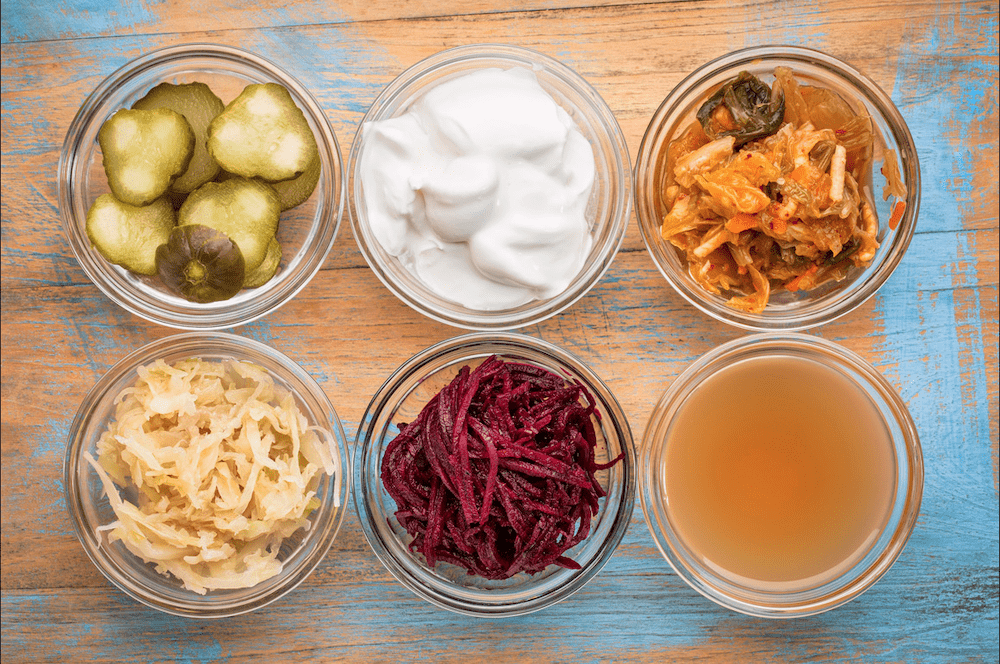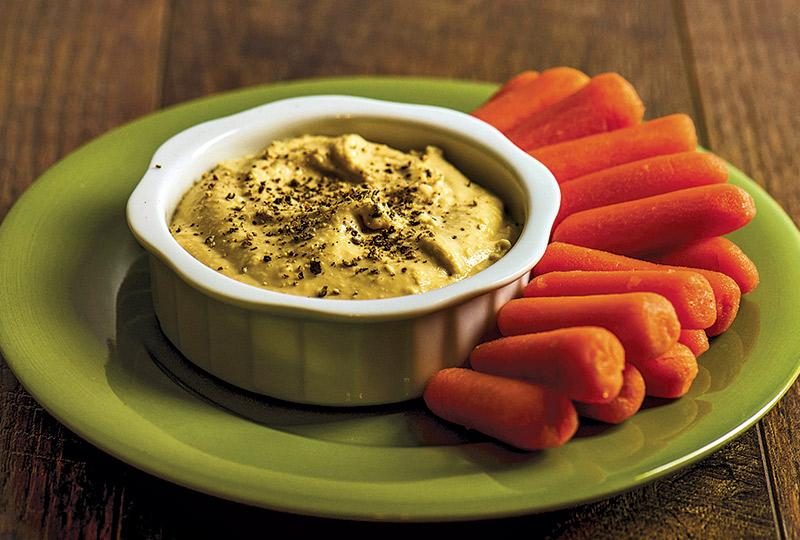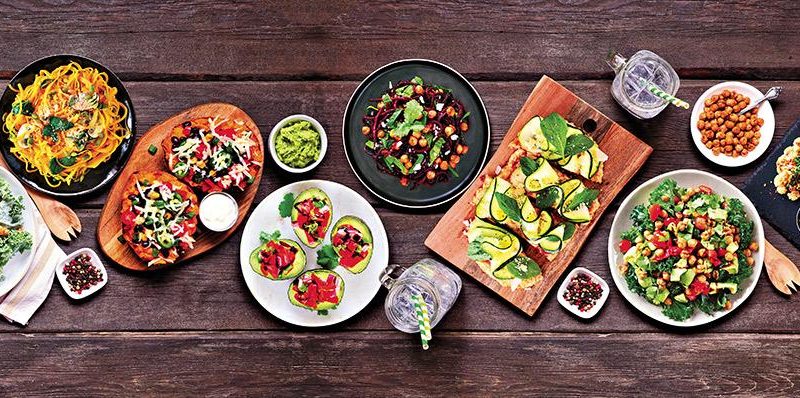
Fermented foods during pregnancy –Yes, or No?
By Carol J. Alexander
Did your grandma make sauerkraut and store it in a large crock down cellar? Well, for her generation, that is something homemakers did to survive the winter. Today, folks are jumping back on the fermentation band wagon not to survive, but to thrive.
According to Ted Weesner, a correspondent for the “Boston Globe”, in his August 2016 article “The Newest Food Trend: Fermentation,” folks are flocking to this way of preserving and enhancing their food like never before. That comes as no surprise when, in December 2015, the Whole Foods Market Newsroom predicted a culture craze as one of the 2016 top 10 food trends.
The current fermented foods landscape is much more than your grandma’s sauerkraut. Recipes for everything from kimchi (a spicy Korean cabbage) to miso (fermented bean paste from Japan) to kombucha (a fermented black tea) are flooding the Internet. But are they safe for your unborn baby?
The American Pregnancy Association lists several foods for pregnant moms to avoid because of the risk of bacteria, heavy metals, or chemical contamination. They include raw meats, deli meats, fish with mercury or from polluted waters, smoked seafood, raw shellfish, raw eggs, soft cheeses, and unpasteurized milk. They also recommend moms avoid caffeine because of its diuretic properties, alcohol because it interferes with the healthy development of the fetus and unwashed vegetables.
That’s quite a list! And add to that list other decisions like co-sleeping, swaddling, daycare, and more, a couple almost loses the joy of the occasion. Because any conscientious mother wants to take extra care with the health of her unborn child, she’s going to ask where fermented foods fall into the mix. If kombucha contains alcohol, is it safe for an unborn child? And what about the bacteria in kimchi or sauerkraut?
“Yes, generally it is safe,” said Carly Cooley, registered dietitian nutritionist. “The alcohol in kombucha is not enough, if drunk in moderation, to cause fetal alcohol syndrome.” But, of course, her advice comes with some caution.
“Pregnancy is not the time to start detoxing your body,” she said, referring to the number-one reason folks decide to drink this fermented tea. “In fact, don’t try something new when you’re pregnant if you don’t know how your body will respond. And always discuss it with your healthcare provider.”
Lacto-fermented foods are created by submerging vegetables in a brine solution, devoid of oxygen. This process creates an environment that facilitates the growth of the Lactobacillus (a good bacteria) normally found on the surface of all plants. In this environment, the Lactobacillus converts the sugars found in the vegetables into lactic acid, which acts as a natural preservative that inhibits the growth of harmful bacteria. In addition to preservation, lacto-fermentation generally increases the nutrients, as well as digestibility, of the fermented food. According to Cooley, as long as the food is prepared properly, practicing safe food handling, there should be no harmful bacteria for the pregnant mom to worry about.
If a woman regularly consumes fermented foods before pregnancy, chances are she can continue throughout the pregnancy. But if she wants to begin eating ferments on a regular basis while pregnant, Cooley suggests keeping a food diary. That way, if new symptoms occur, she can pinpoint the offending food.
But can a woman, who has never taken much care with her diet, experience a significant difference in her health and that of her baby’s, by including fermented foods into her daily routine?
“I don’t know,” said Cooley. “There’s not enough research to say. But it’s worth a try if you’re having something like constipation” and you want to relieve it naturally.
“Improving the population of friendly intestinal flora is enough to cure stubborn cases of constipation,” said Dr. Deborah Gordon of Oregon, on her blog at DrDeborahMD.com. What could be easier than eating lacto-fermented foods to increase your intestinal flora?
In addition to improving gut health, studies show that fermented foods increase nutrient absorption, boost the immune system, and reduce symptoms of depression and anxiety.
Whatever you do, said Cooley, when starting any change in your diet, do it gradually, discuss it with your doctor or midwife, and keep a food log.
Freelance writer Carol J. Alexander has kombucha, pickles, and sauerkraut fermenting on her counter on a regular basis.







